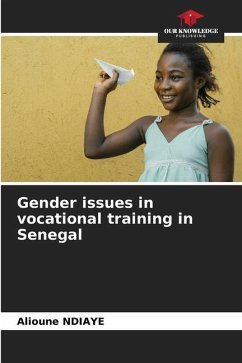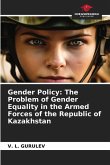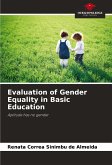The issue of gender in vocational training in Senegal is of crucial importance and deserves special attention. This issue raises key concerns with regard to gender equality, equitable access to education and training, and the empowerment of women in the vocational field.First of all, it is essential to recognize that gender disparities persist in Senegal's vocational training sector. Women often face barriers that limit their access to such training, including restrictive cultural and social norms, family expectations and financial constraints. This situation leads to an inequitable imbalance in women's participation in vocational training, limiting their employment opportunities and economic independence.What's more, even when women do manage to access vocational training, they often face additional challenges. Gender stereotypes persist, which can lead to discrimination and harassment at the training site.
Bitte wählen Sie Ihr Anliegen aus.
Rechnungen
Retourenschein anfordern
Bestellstatus
Storno








